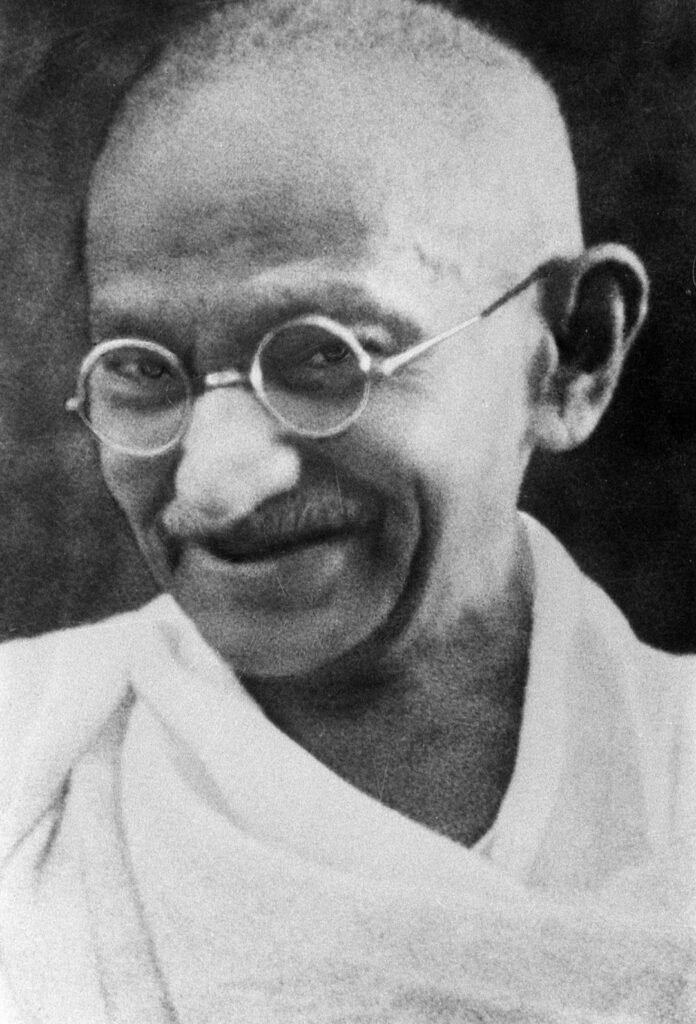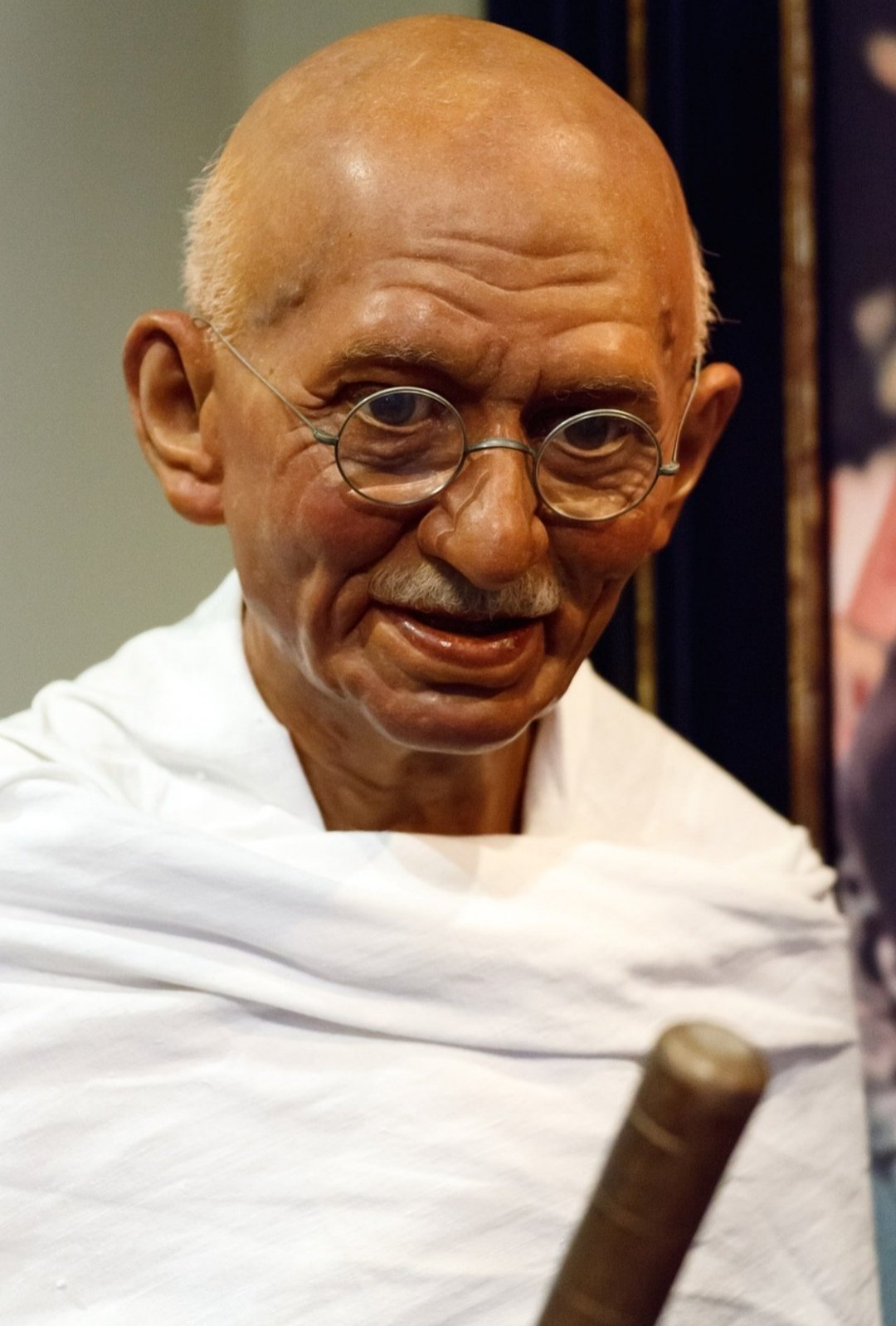Nathuram Say Why i killed gandhi Vinayak Godse was the assassin who killed Mahatma Gandhi. The incident occurred on January 30, 1948. Mahatma Gandhi, also known as the “Father of the Nation” in India, was a prominent leader in the Indian independence movement and an advocate of nonviolent civil disobedience.

Nathuram Godse Say Why i killed Gandhi
Nathuram Godse, a former member of the Hindu nationalist organization Rashtriya Swayamsevak Sangh (RSS), held differing political views from Gandhi, particularly regarding the partition of India and the treatment of Hindus in newly formed Pakistan. On that fateful day, Nathuram Godse shot Mahatma Gandhi three times at close range, resulting in his death.
After the assassination, Godse was arrested and later brought to trial. He was found guilty and sentenced to death. Nathuram Godse was executed on November 15, 1949.
It is important to note that Mahatma Gandhi’s assassination was a tragic event in India’s history and had a profound impact on the nation and the world. Gandhi’s principles of nonviolence, peace, and justice continue to be remembered and honored by people worldwide.
Who is Mahatma Gandhi?
Mahatma Gandhi, whose full name was Mohandas Karamchand Gandhi, was a important leader and political figure in India’s struggle for independence from British rule. He born on October 2nd, 1869, in Porbhandar bandargah , a beachfront town in Gujarat, India, and he passed away on Jan 30th, 1948.
Gandhi is known for his philosophy of nonviolent resistance, which he termed “Satyagraha.” He believed in using peaceful civil disobedience and passive resistance to confront injustice and oppression. His methods were rooted in moral and ethical principles, aiming to achieve political and social change without resorting to violence.
Some of Gandhi’s notable achievements and contributions include:
- Salt March: In 1930, Gandhi led the famous Salt March, also known as the Dandi March. This was a protest against the British monopoly on salt production and distribution. Gandhi and his followers marched over 240 miles to the Arabian Sea, where he symbolically produced salt by picking up salt-rich mud.
- Indian Independence: Gandhi played a significant role in India’s struggle for independence from British rule. His leadership and advocacy for nonviolent protest inspired millions of Indians to join the movement and demand self-governance.
- Champaran and Kheda Movements: Gandhi’s involvement in the Champaran and Kheda movements highlighted his commitment to social and economic justice. He supported farmers in these regions who were struggling against oppressive indigo planters and high taxation.
- Civil Rights: Gandhi’s philosophy of nonviolence and civil disobedience extended beyond political issues. He also advocated for civil rights and equal treatment for all, regardless of caste, creed, or background.
- Spinning Wheel and Self-Sufficiency: Gandhi promoted the use of the spinning wheel (charkha) as a symbol of self-sufficiency and economic independence. He encouraged people to produce their own cloth, reducing dependence on British goods.
Gandhi’s influence extended far beyond India, inspiring movements for civil rights and freedom across the world. His legacy continues to be celebrated for his unwavering dedication to justice, equality, and nonviolence. Gandhi’s teachings and principles remain relevant today, serving as a source of inspiration for various social and political movements globally.
Who is Nathuram Godse?
Nathuram Godse was an Indian nationalist and the assassin of Mahatma Gandhi, a Important leader in India’s struggle for independence from British colonial rule. Godse was born on May 19, 1910, and he became a member of the extremist organization Rashtriya Swayamsevak Sangh (RSS) and its ideological wing, the Hindu Mahasabha.
On January 30, 1948, Nathuram Godse shot Mahatma Gandhi three times at point-blank range in New Delhi, resulting in Gandhi’s death. Godse’s motives for assassinating Gandhi were rooted in his strong opposition to Gandhi’s methods and views, particularly Gandhi’s advocacy for nonviolent resistance and his efforts to promote religious tolerance and Hindu-Muslim unity. Godse believed that Gandhi’s approach was detrimental to India’s interests and Hindu rights.
Godse was arrested immediately after the assassination and stood trial for the murder of Gandhi. He was found guilty and sentenced to death. On November 15, 1949, Nathuram Godse was executed by hanging.
It’s important to note that opinions about Godse and his actions are highly controversial and polarizing in India. While some extremist groups and individuals sympathize with his views and actions, the mainstream perception condemns his assassination of Mahatma Gandhi and the violent means he used to express his dissent.
Movie why I killed Gandhi
Why I Killed Gandhi is a 2007 Indian film directed by Rajesh Touchriver. The film explores the life and motivations of Nathuram Godse, the assassin of Mahatma Gandhi. It attempts to provide a perspective on Godse’s actions and the factors that led him to commit the assassination.
The film’s title, “It’s Not That why I Killed Gandhi,” propose that it aims to present a distinction portrayal of Godse’s beliefs and motivations rather than outright justifying his actions. It’s worth noting that the film’s perspective is just one interpretation of the complex historical events surrounding Gandhi’s assassination and Godse’s role in it.
However, the film has been quite controversial due to its subject matter, as the assassination of Mahatma Gandhi is a sensitive and deeply debated topic in India. Many people view Gandhi as a symbol of peace, nonviolence, and the struggle for Indian independence, while others, like Godse, held differing opinions about his methods and ideologies.
The movie has sparked debates and discussions about freedom of expression, historical accuracy, and the ethics of portraying such a controversial figure and event on screen. The title itself suggests that the film aims to challenge the mainstream view of Godse’s actions without necessarily justifying them.
